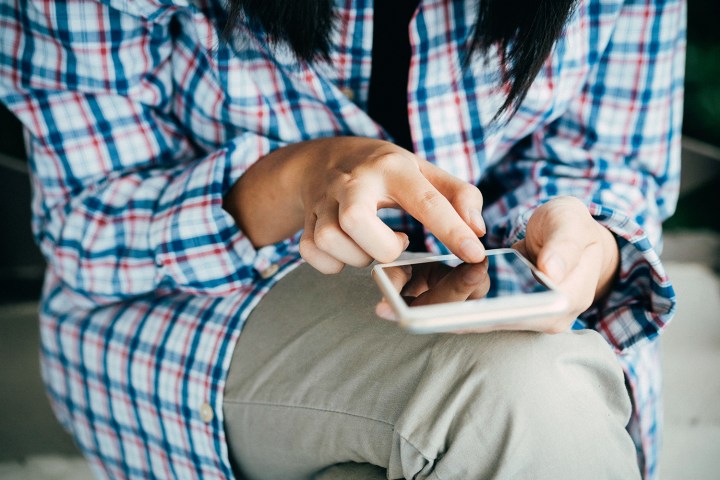
It appears that Apple’s explanation isn’t good enough to fly in France, which has begun an investigation of Apple. France has some tough laws against planned obsolescence, with a maximum sentence of two years imprisonment and up to 5 percent of a company’s annual turnover. With a company the size of Apple, that’s likely to be in the billions.
The news comes from French news agency AFP, while the actual investigation stems from a complaint made by the consumer rights group HOP (Halte à l’Obsolescence Programmée). The complaint (the essence of which can be read on HOP’s site, via Google Translate) is clearly not convinced by Apple’s report on the matter, claiming that the timing of the slowdown is too close to the release of the latest iPhone range, and suggesting that there is another issue at play here.
This isn’t the first time that HOP has moved against a company. It previously filed a complaint against the printer manufacturers Epson, HP, Brother, and Canon, accusing them of underhanded tactics that forced consumers to purchase more ink. An investigation has since opened on that matter, as well.
And Apple’s bad news doesn’t stop there — it turns out that the United States Senate is also asking questions of Apple following its confession. Senator John Thune, R-S.D., chair of the Senate commerce committee, seems unsatisfied by Apple’s chosen method of making amends to customers with cut price batteries. According to the Wall Street Journal, a letter from Thune to Apple CEO Tim Cook questioned Apple’s refusal to replace batteries for free, pointing out that “Apple’s proposed solutions have prompted additional criticism from some customers.” Thune has requested a reply from Cook by January 23.
Following the results of the original Geekbench tests that proved that iPhones were being slowed down over time, Apple has extended an olive branch to consumers to attempt to make the situation right. Since the culprit of the slowdown is often reduced battery effectiveness, Apple is offering cut-price battery replacements for older iPhone models, while iPhone 6s owners could receive a replacement battery for free.
Update: Added news that the U.S. is also now investigating Apple.
Editors' Recommendations
- Are you having iPhone alarm problems? A fix is coming soon
- This one Apple Fitness feature completely changed how I exercise
- An Apple insider just revealed how iOS 18’s AI features will work
- Why you should buy the iPhone 15 Pro instead of the iPhone 15 Pro Max
- iPhone SE 4: news, rumored price, release date, and more


